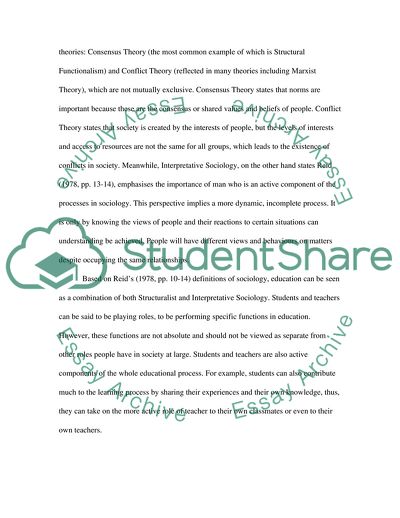Cite this document
(Contemporary Issues in Learning UK Term Paper Example | Topics and Well Written Essays - 2000 words, n.d.)
Contemporary Issues in Learning UK Term Paper Example | Topics and Well Written Essays - 2000 words. Retrieved from https://studentshare.org/education/1721183-contemporary-issues-in-learning-uk
Contemporary Issues in Learning UK Term Paper Example | Topics and Well Written Essays - 2000 words. Retrieved from https://studentshare.org/education/1721183-contemporary-issues-in-learning-uk
(Contemporary Issues in Learning UK Term Paper Example | Topics and Well Written Essays - 2000 Words)
Contemporary Issues in Learning UK Term Paper Example | Topics and Well Written Essays - 2000 Words. https://studentshare.org/education/1721183-contemporary-issues-in-learning-uk.
Contemporary Issues in Learning UK Term Paper Example | Topics and Well Written Essays - 2000 Words. https://studentshare.org/education/1721183-contemporary-issues-in-learning-uk.
“Contemporary Issues in Learning UK Term Paper Example | Topics and Well Written Essays - 2000 Words”. https://studentshare.org/education/1721183-contemporary-issues-in-learning-uk.


